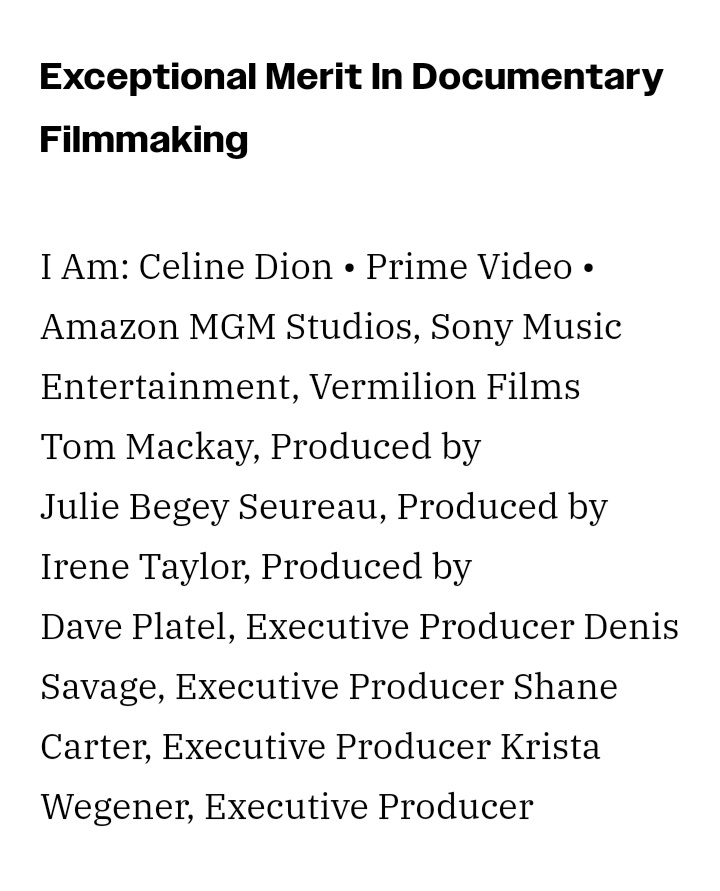Leaded gasoline, paint, and pipes left a toxic fingerprint in the baby teeth of half of all Americans — and those tiny clues reveal how silent doses of lead rewired IQ scores, crime rates, and mental health for decades. In this Howtown episode we laser-scan my own baby teeth with “tooth detective” Manish Arora, revisit Herbert Needleman’s 1970s Boston study, and track economist Jessica Reyes’s state-by-state link between tetraethyl lead’s phase-out and the 1990s crime drop. New data from New Zealand’s Dunedin Study (analyzed by Aaron Reuben) show how early exposure still shapes Gen X brains, personalities, and social mobility, framing one of the largest environmental injustices in U.S. history.I suspected this video would be about lead and I was right; it's too early for it to be about the pandemic, although COVID-19 causes brain damage. My wife and I are lucky to have suffered nothing more severe than "modestly lower energy levels and some slight brain fog" that cleared up after a little over a year.
The story Adam Cole and Joss Fong told complements the one related in SciShow explains the connection between the age of the Earth and unleaded gasoline plus more about lead with more of an emphasis on how lead affected and still affects public health, long after the U.S. and other countries stopped using leaded gasoline and lead paint. I had no idea how persistent the effects of lead exposure were and still are, including loss of IQ points through adulthood. I also learned how and why lead is so dangerous; it imitates calcium because its ions have the same charge (valence) and nearly the same size, so it gets incorporated in bones and teeth and interferes with nerve function. As I'm fond of writing, it's a good day when I learn something new and I learned a lot of new information from this video.
Speaking of learning new things, I'm trying to figure out when I might show this to my students. Since my students and I live in Michigan, home of the Flint Water Crisis, which Cole and Fong mention, I could show it when I lecture about water pollution. The video concentrates on leaded gasoline, which is an air pollution problem, so it would make more sense to show it then, especially since I talk about the health effects of air pollution. Besides, that part of the story focuses on the role Charles F. Kettering, who worked for General Motors, played in developing leaded gasoline. That's also a Michigan story. Either way, if I show this video, it will become another example of blogging as professional development.
That's a wrap for today's evergreen environmental topic. Stay tuned to see if I resume my Emmy Awards coverage tomorrow, or postpone it again.








